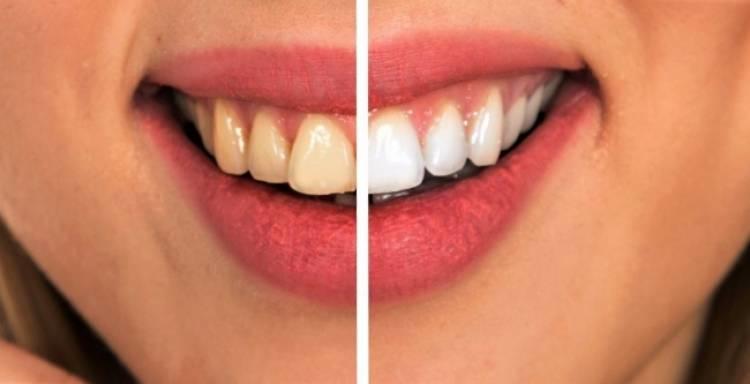When a person doesn't take care of their oral hygiene, the end result is gradual erosion and decay of their teeth. It is a very slow process and most people don't notice until it is too late. Some people feel it is pointless to care for their teeth because it doesn't result in any significant means of improving their lives. This article is here to prove them wrong.
It has antibacterial properties which can be used in combination with other home ingredients to help with tooth decay. Fresh ginger juice helps to reduce pain and eventually restores your teeth back to its older original state.
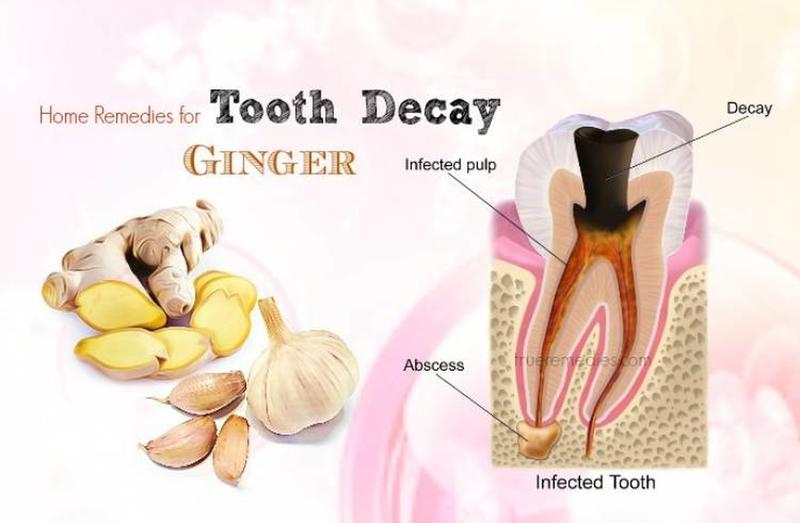
Salt naturally works as an anti decaying material and is incredibly effective at getting rid of bad breath. The lemon has strong whitening properties because of all the acid which neutralizes the alkaline state of your mouth.
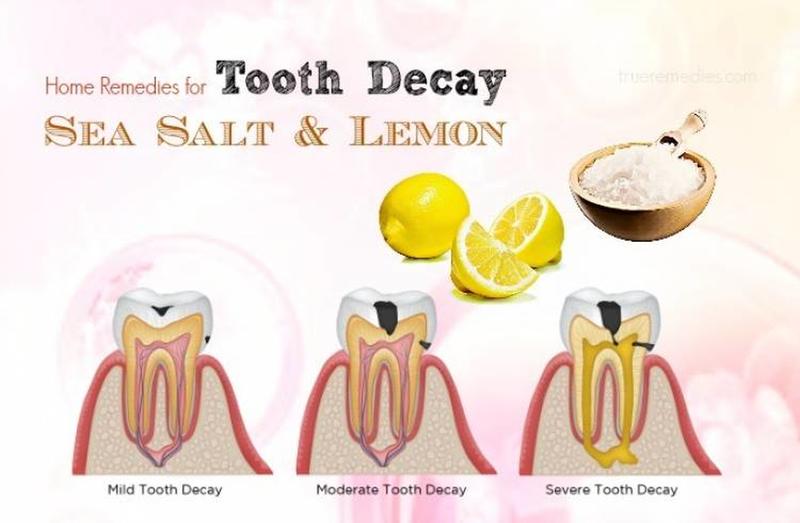
Garlic helps to overcome tooth decay because it has several natural antibiotics such as dianllil disulfide and diallyl trisulfide. Together they allow your mouth to resist viruses and inhibit various kinds of bacteria. Another useful effect is their antiseptic properties.
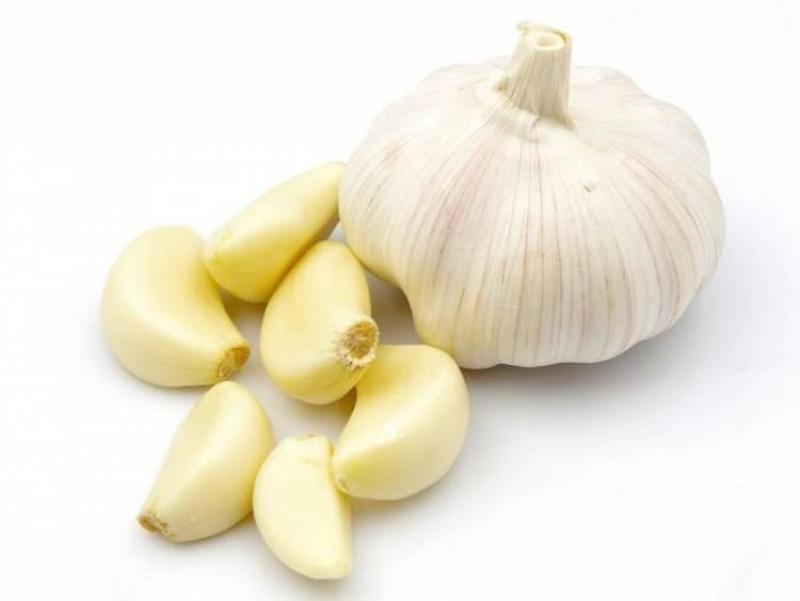
One of the more stranger versions of home remedies but they actually do work. Black pepper has anti inflammatory properties and which makes them the ideal choice for people suffering from tooth decay. Black pepper and salt is the best combination to get rid of bad breath.
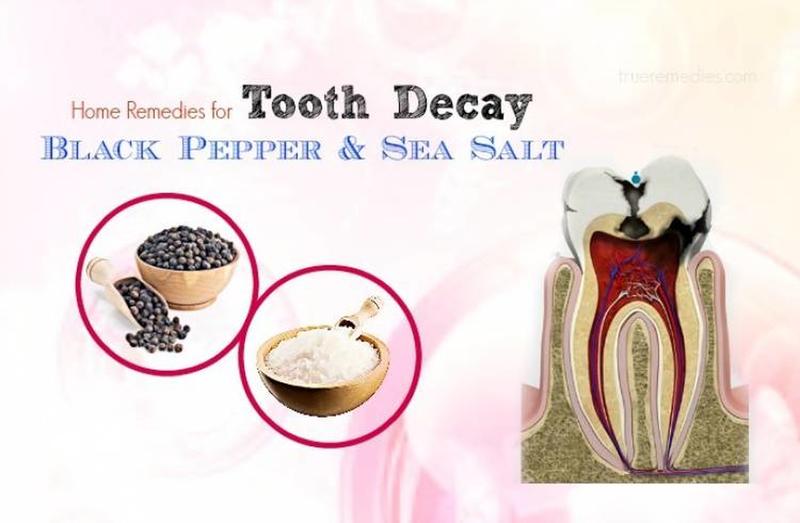
Aside from tasting incredible, green tea has catechins which help to fight against bacteria such as the Streptococcus mutans and Lactobacillus which are directly linked with cavities and gum disease. Many toothpastes contain refined green tea extracts.
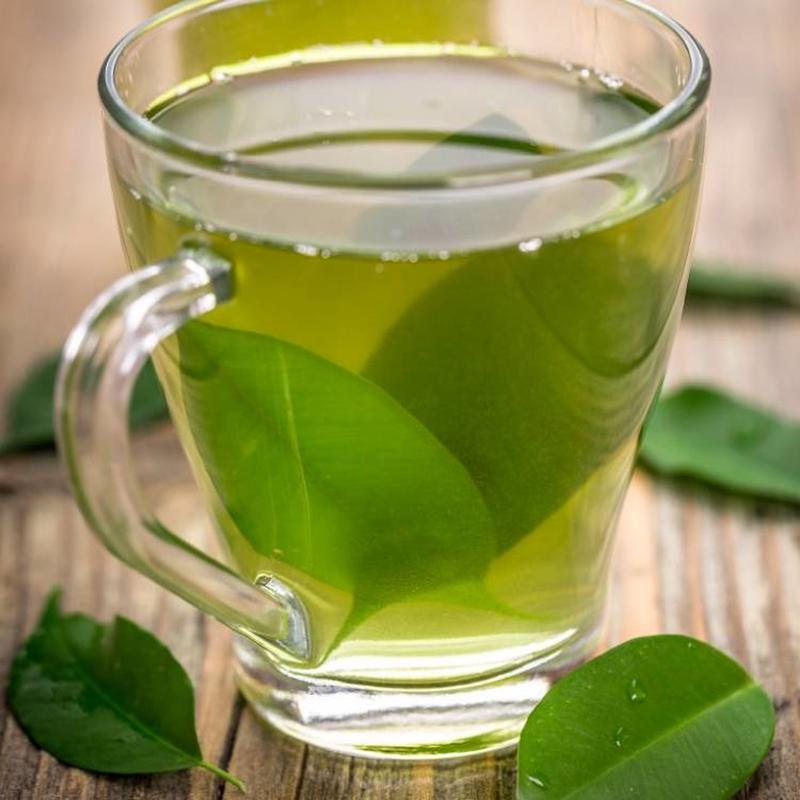
Olive oil helps to remove toxins from gums which are directly responsible for removing stains on teeth. The oil directly removes the food debris which is trapped between the teeth and gums. These can overtime turn into tartar.
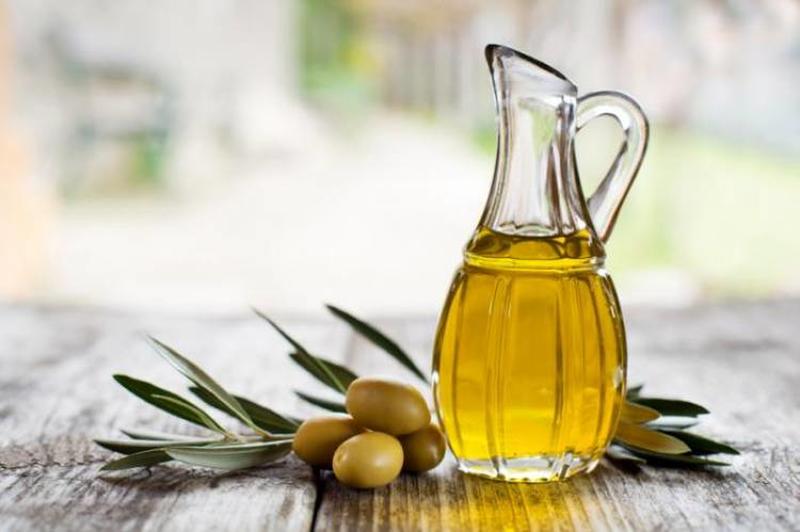
The yellow chrysanthemum has the ability to get rid of cavities almost immediately. This is because it contains a fluid that directly arrests the growth of many strains of bacteria. They can be used as medicine for tooth decay.
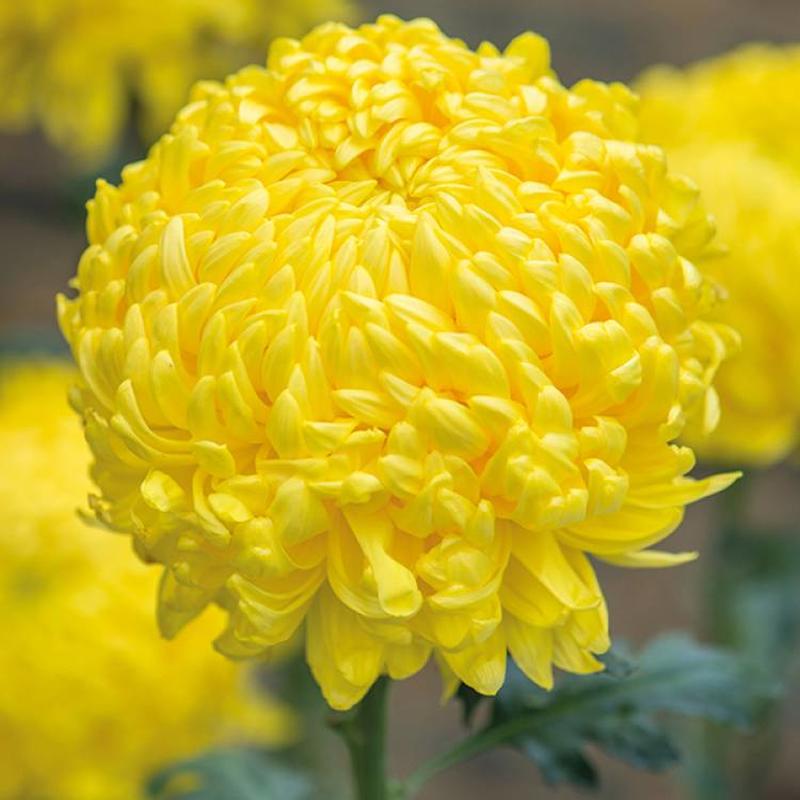
Slightly less well known when it comes to home remedies for tooth decay, the papaya resin can completely inhibit the growth of bacteria. For this reason it is being used as an effective strategy to counter tooth decay.
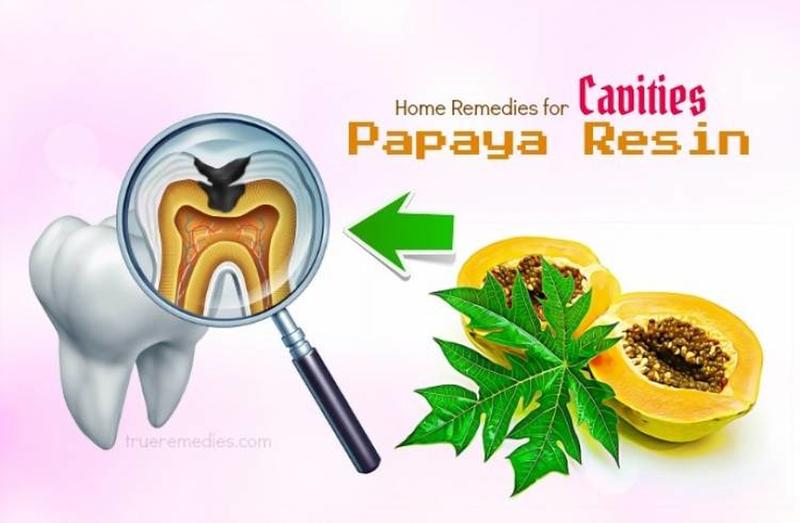
Coconut oil can kill acid producing bacteria which are known to break down the enamel. They do this by completely inhibiting the growth of Streptocuccus strains, use cotton swap to apply coconut oil directly to the teeth.
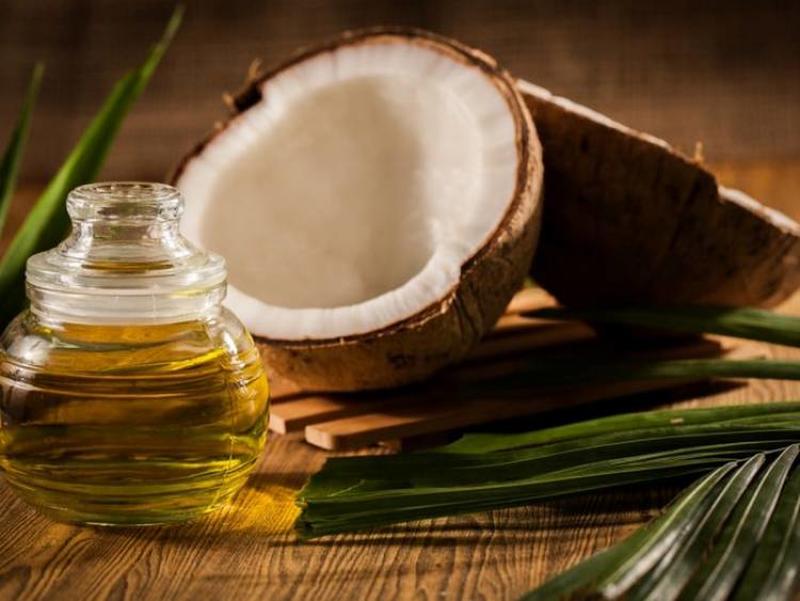
Chewing sugarless gums actually helps to prevent tooth decay. This is because they contain a component called xylitol which serves as a natural sweetener. This doesn't lead to the growth of bacteria and can wash off the food remains.
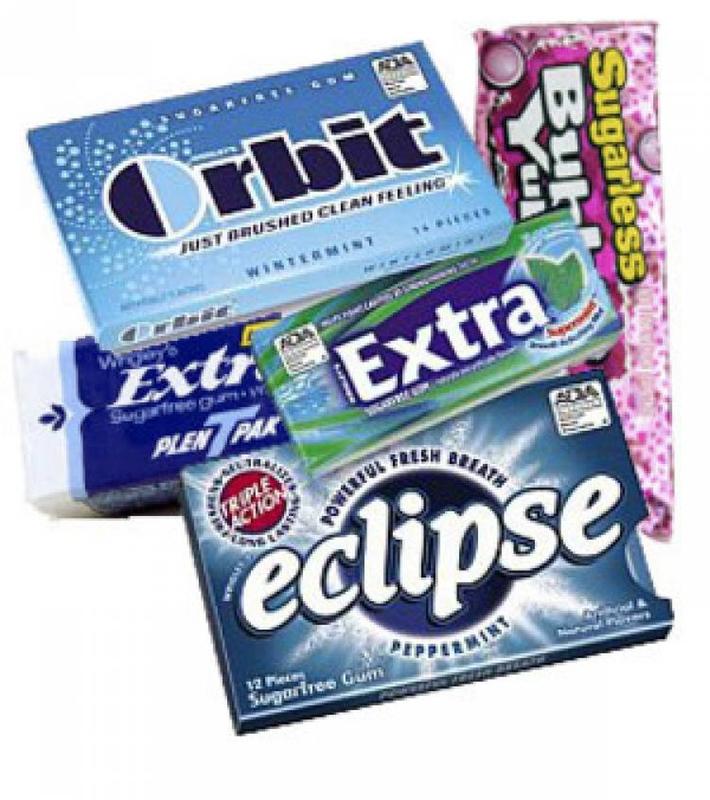
Your old toothbrush will eventually become a cesspool of various different bacteria. You need to replace them every once a month because they are not going to help clean your mouth after a certain period of time.
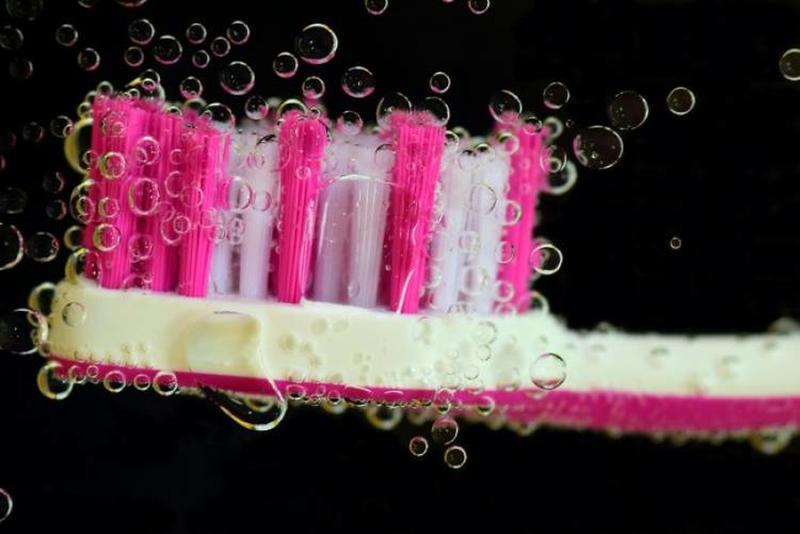
Choosing the right shape and size of the toothbrush is also very important. Make sure that the bristles can reach into the tiny crevices of your molars and sweep out all the food remains which are trapped.
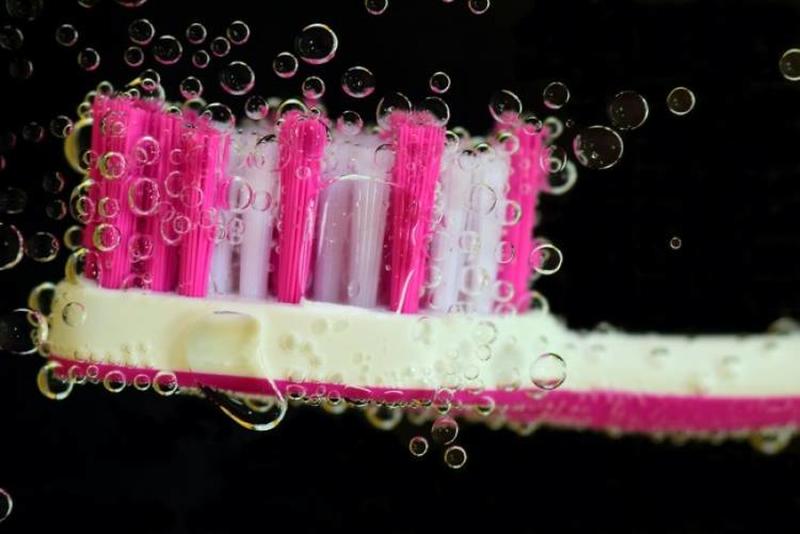
It is vital to brush your mouth every day for at least two minutes. Some people either overdo it or don't give enough time for the brush to clean your teeth. The end result is that the toothpaste doesn't really help your case.
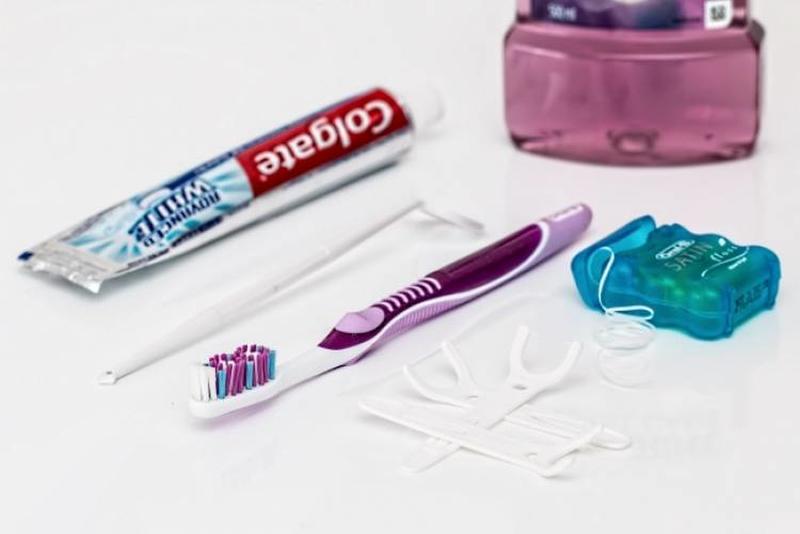
Most people believe that flossing is not an important part of their dental hygiene. Flossing is another layer of protection you can use to get rid of the remaining food particles lodged between your teeth. Finally, use a mouthwash which has an antibacterial effect.
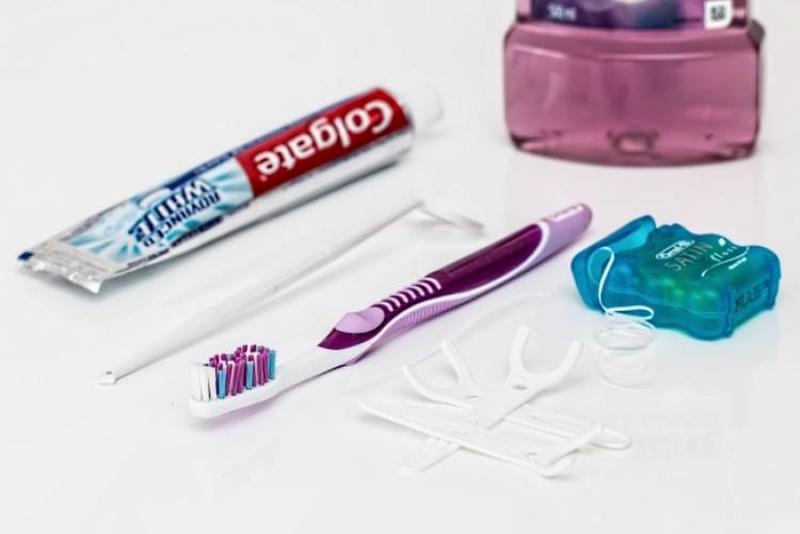
Last but not least, is making an appointment with your dentist every now and then. It is extremely important to let a professional handle your teeth because there is only so much that how-to articles can help with.
